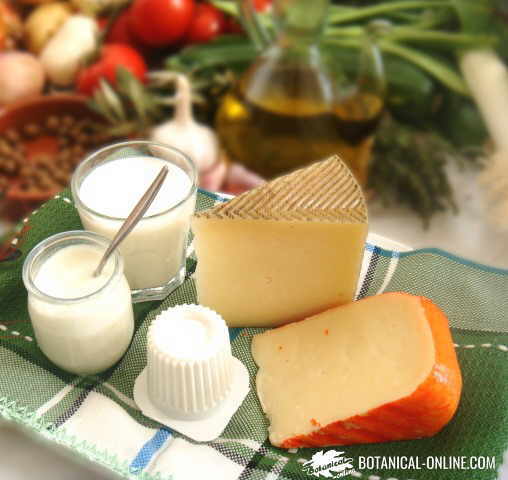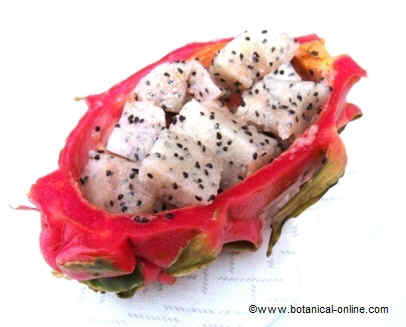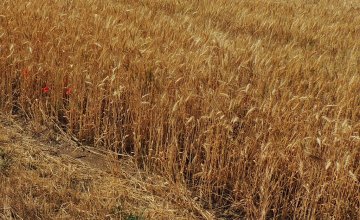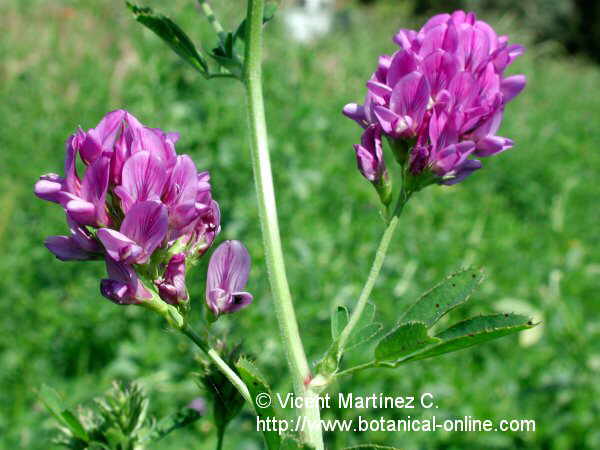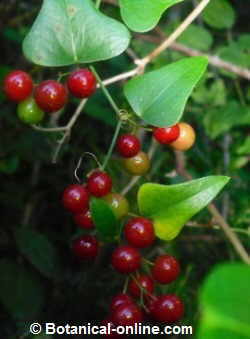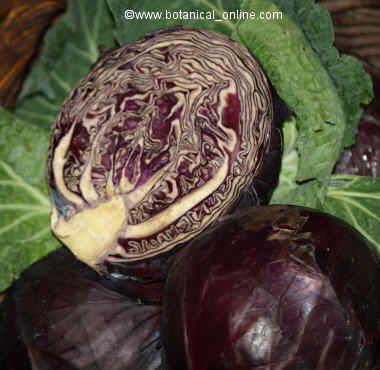Contents
BENEFITS OF TAMARIND
A refreshing and mild laxative plant
Tamarind (Tamarindus indica L.) is a medicinal tree, native to the African savannah and spread throughout Asia and America for food by the hands of Arab merchants and cargoes of slaves sent to the New World.
Tamarind leaves and fruit pulp (mesocarp of pods) are used for medicinal purposes, mainly for treating disorders of the digestive system.
Its composition underlines its carbohydrate content (65-70%), pectin (a type of soluble fiber), safrole, hordenine (alkaloids) and organic acids, mainly citric acid, tartaric and malic.
Tamarind is one of the most acidic fruits due to its tartaric acid content (between 8 and 12%), being the fruit with higher content of this acid.
The tamarind fruit is a pod filled by a pulp sweet and tart at the same time. In some countries, it is also used as food and for the preparation of juices and beverages.
Digestive properties of tamarind
Mild laxative
The main application for the tamarind in herbal medicine are its mild laxative properties. The tamarind is high in carbohydrates and pectin substances that help cleanse the bowel and appropriate for those with constipation. It causes loose stools without cramping. It is and ideal laxative for both its flavor and smooth effects.
Dosage: take 20 to 40g. tamarind pulp diluted in water up to 3 times daily.
Usually, tamarind is combined with senna (Cassia acutifolia) to strengthen its laxative effect. If treatment is associated with the senna, it should not be taken for more than 7 consecutive days as it can cause bowel dependency.
Tamarind is often used in slimming diets because of their cleansing and slightly laxative properties. A tamarind drink, its tea or its fruit can be good allies to lose weight when combined with regular exercise.
Soft choleretic and cholagogue
Tamarind has protective and descongestant properties for the liver. Agrees biliary disorders for its ability to facilitate the emptying of the gallbladder, with liver purifying plant indicated to treat cholesterol and fatty liver.
Recent studies have shown the protective properties of tamarind to the liver. The tamarind extract polyphenols protect liver cells by preventing organ damage. Tamarind is an ingredient in medicines and tonics Sanatorium ®.
Dosage: take an infusion of 30g. of leaves per liter of water. Up to 3 cups daily. Pulp: take 20 to 40g. tamarind pulp diluted in water up to 3 times daily. In case of developing gallstones, tamarind is contraindicated.

Photo of tamarind
| Main components of tamarind fruit (Tamarindus indica L.) | |
| Nutrient | Amount |
| Carbohydrates (g.) | 79,91 |
| Fats (g.) | 3,41 |
| Proteins (g.) | 12,74 |
| Ashes (g.) | 2,16 |
| Moisture (g.) | 9,78 |
Refreshing and invigorating properties of tamarind
Tamarind has a high content of organic acids that provide refreshing and invigorating values. Recommended for use or drink in case of sports training.
Due to its cooling and antipyretic properties, tamarind is also used to treat fever.
Dosage: take 20 to 40g. tamarind pulp diluted in water up to 3 times daily. / Infusion: 30g. of dry leaves per liter of water, 3 cups daily / You can also consume tamarind drink.
Cardiovascular properties of tamarind
Modern scientific studies have found that the tamarind extract has potent antioxidant, so it can help prevent atherosclerosis
Dosage: take tamarind drink, or 20 to 40g of tamarind pulp diluted in water up to 3 times daily.
Anthelmintic and vermifuge properties of tamarind
Tamarind leaves are effective anthelmintic, vermifuge and astringent. This is an effective remedy used in parts of Africa and India to treat intestinal parasites.
Dosage: infusion of 30g. of dry leaves per liter of water, 3 cups daily.
![]() More information about tamarind.
More information about tamarind.

